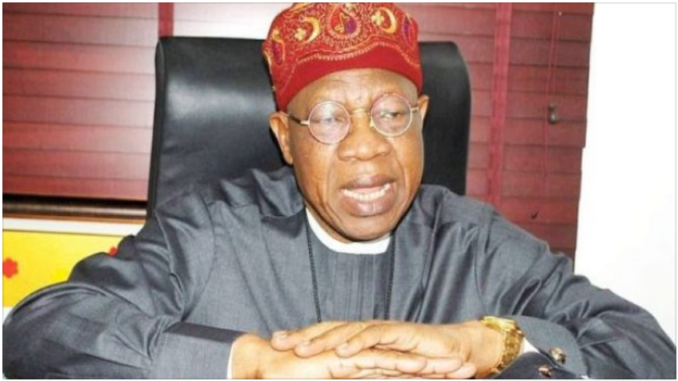
RECENTLY, the Minister of Information and Culture, Alhaji Lai Mohammed, launched a campaign against fake news in the country. He hinged the initiative on the perception that fake news constitutes a tinderbox with the potential to culminate in a conflagration if not tamed. While acknowledging that fake news is a matter of rising global concern, the minister observed that “In a multiethnic and multireligious country like ours, fake news is a time bomb.”
Defined by the New York Times as “a made-up story with an intention to deceive,” fake news more often than not creates fear and bigotry and has, in a few instances, triggered unprecedented calamities in a few countries in the Middle East and Africa. Therefore, as noted by the minister, the menace is a veritable threat to democracy because “mixed with hate speech, it is a disaster waiting to happen.” Fake news being a potential catalyst for catastrophe, the need to curb it in Nigeria cannot be overemphasised, particularly given the cultural diversity in the country. However, for the fight against fake news to be meaningful and to succeed, the authorities must seriously tackle some of the main causative factors, one of which is the gradual loss of public confidence in the institutions of government.
Years of failure to meet the basic needs of the citizens despite the government’s endless promises and regardless of the abundant resources at the disposal of the authorities have led to schism. The repugnant and flamboyant lifestyles of the elite, especially the political class, elicit bottled-up emotions and anger in the citizenry, some of which a bad few can latch onto to create utter chaos. The lack of transparency in government activities has equally contributed to the yawning gap between the government and the citizens. The mismanagement of the collective patrimony evokes suspicion and strengthens the rumour mill, with the latter becoming an alternative source of information to the less perceptive in the society.
In any case, flagrant abuse of the coercive agencies of the state has led to animosity, such that the police, for example, are no longer seen as ‘your friend.’ Another fundamental problem underlying the fake news menace is the increasing fad in official quarters of throwing up patent falsehoods on crucial national matters, even against unimpeachable evidences to the contrary. Purveyors of fake news often capitalise on such anomalies without considering the far-reaching implications for societal harmony and concord. Therefore, desirable as the campaign against fake news is, the government must rise above the mere declaration by the minister that the fight would be an active collaboration with digital as well as traditional media and the National Orientation Agency (NOA). It must walk the talk, particularly because of the pervasive fear that the campaign could be a subterranean move to muzzle the press and curtail the freedom of Nigerians as a whole.
Again, this is why the twin issue of trust and confidence remain germane and fundamental. Based on experience, most media professionals are bound to regard as mere rhetoric, the statement by the minister that the authorities “Do not intend to resort to coercion or censorship” but to appeal to all Nigerians to play their active part.” No doubt, the media as the fourth estate of the realm has a crucial role in the battle to tame the menace of fake news. Media professionals need to be more vigilant, circumspect and careful in dishing out news. They must be adept at sifting the chaff from the grain and be gatekeepers indeed.
They must play their traditional roles effectively in order to avoid further loss of credibility and confidence in the media industry as the real source of news. As the conscience of the society, the media must enhance its capacity and mechanism for fact-checking to arrest what some experts describe as the viral cycle of fake news, because the so-called ‘hot news’ trending in the social media could be the handiwork of the spin doctors of a paymaster with sinister motives.
Nonetheless, the war on fake news should not in any way undermine the fundamental freedom of the press and free speech. The government should be more open in its activities. It should strengthen institutions and not encourage a power-hungry few to make the rest of the society prisoners.
END

Be the first to comment